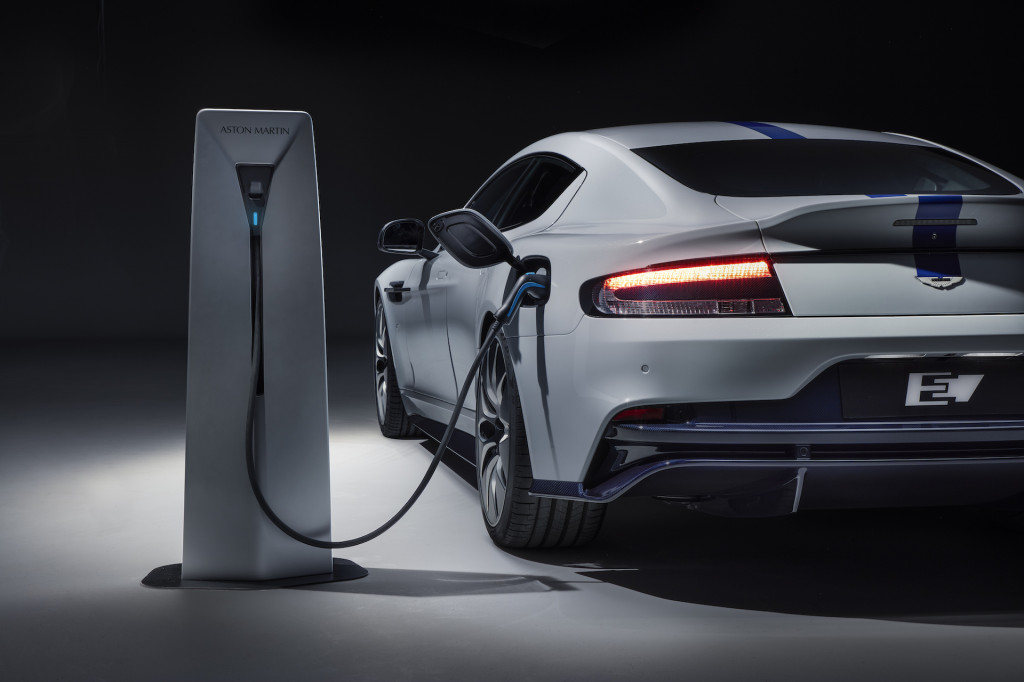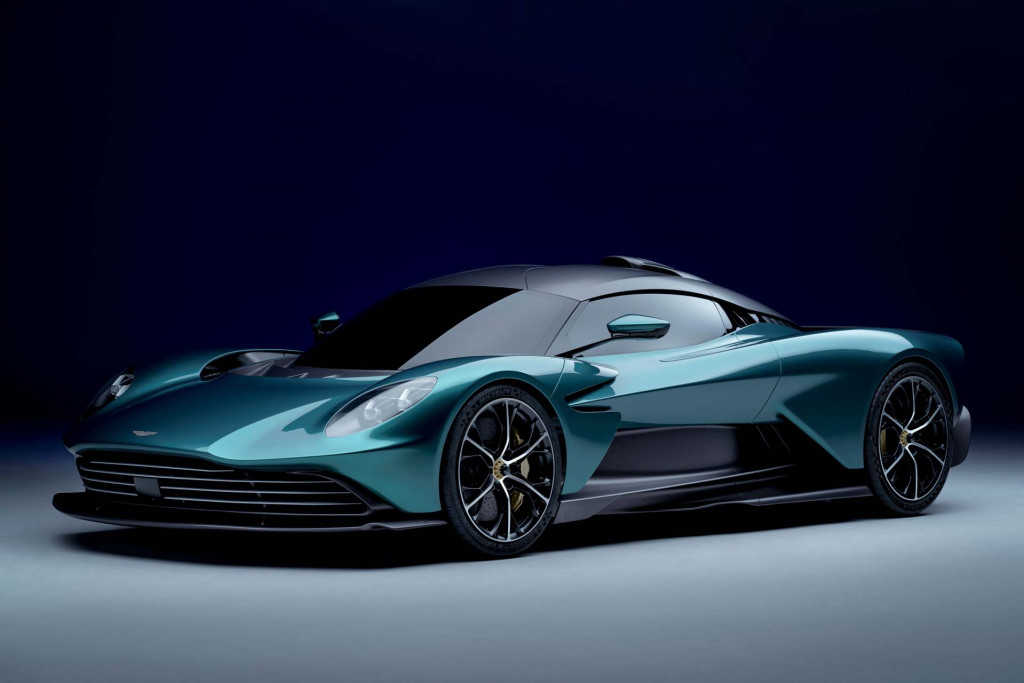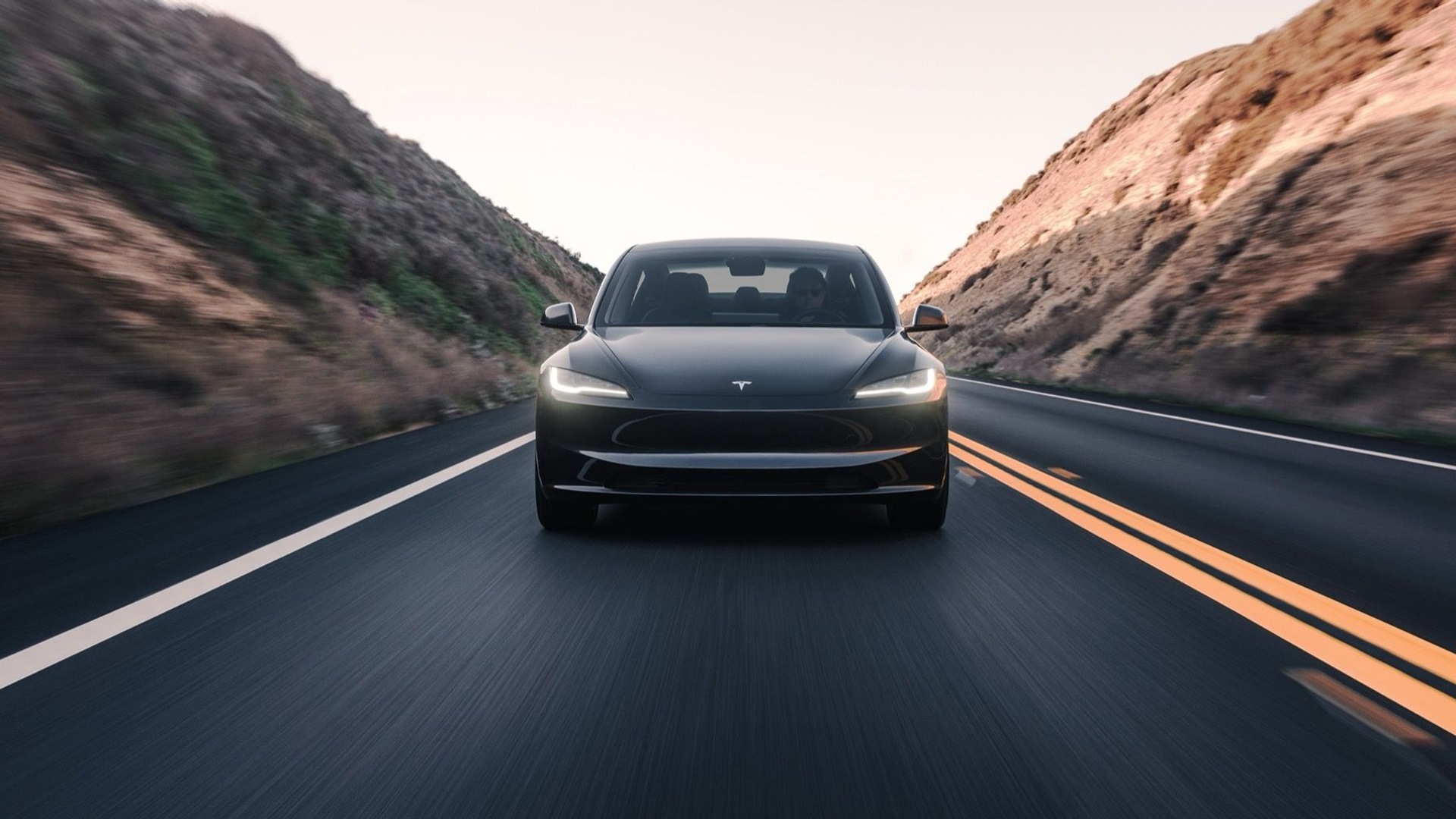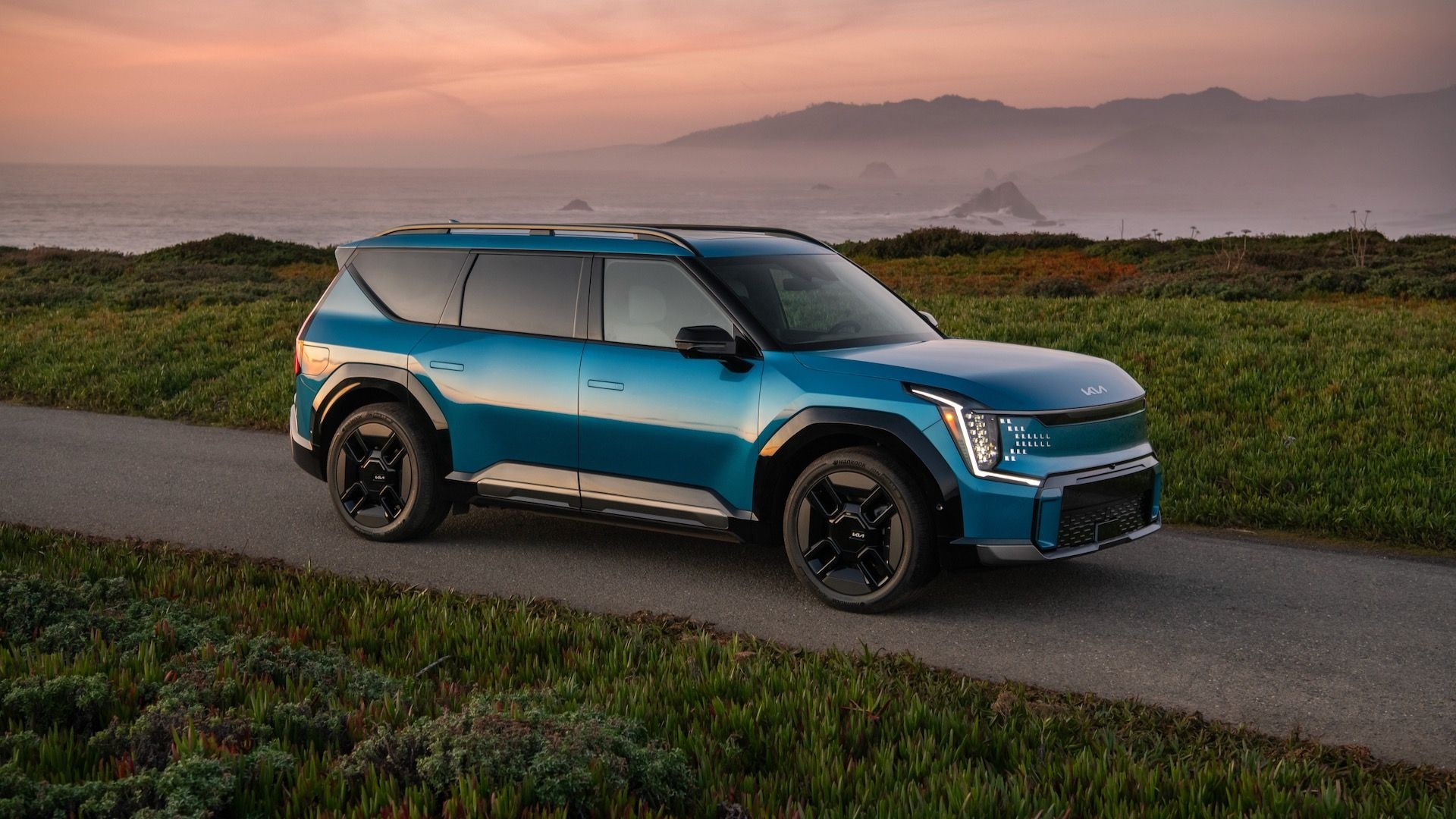Aston Martin last week announced a partnership with Britishvolt to develop new battery technology.
The goal is to create batteries for a planned "ultra-luxury performance EV," Aston said in a press release. Due to launch in 2025, this will be the British automaker's first production EV after a couple of false starts.

2020 Aston Martin Rapide E
Aston's previous EV, a track special called the Rapide E, never actually made it to market. First, a partnership with LeEco—then billed as the "Netflix of China," and a partner to Faraday Future—fell apart. Although Williams Advanced Engineering continued to develop the car, it was killed as part of imposed cost-cutting.
With several hybrids also in the works, Aston plans to electrify 20% of its fleet by 2024, with a technology-sharing plan with Mercedes-Benz. Aston's first plug-in hybrid—the Valhalla supercar—is also scheduled to launch that year.
By 2026, Aston aims to offer en electrified powertrain option on every model, and wants to make its "core portfolio" fully electrified by 2030. That still leaves room for hybrids alongside EVs, however.

Aston Martin Valhalla
The automaker confirmed plans for an electric sports car and an electric crossover in March 2021, and in an interview later that year CEO Tobias Moers said the sports car would replace one of Aston's current sports cars.
The partnership with Britishvolt will focus on development of complete battery packs, including Britishvolt-developed cylindrical cells, as well as modules and a battery-management system, according to Aston.
Lotus has also teamed with Britishvolt on battery development for an electric sports car due in 2026 as a follow-up to the Evija supercar.












